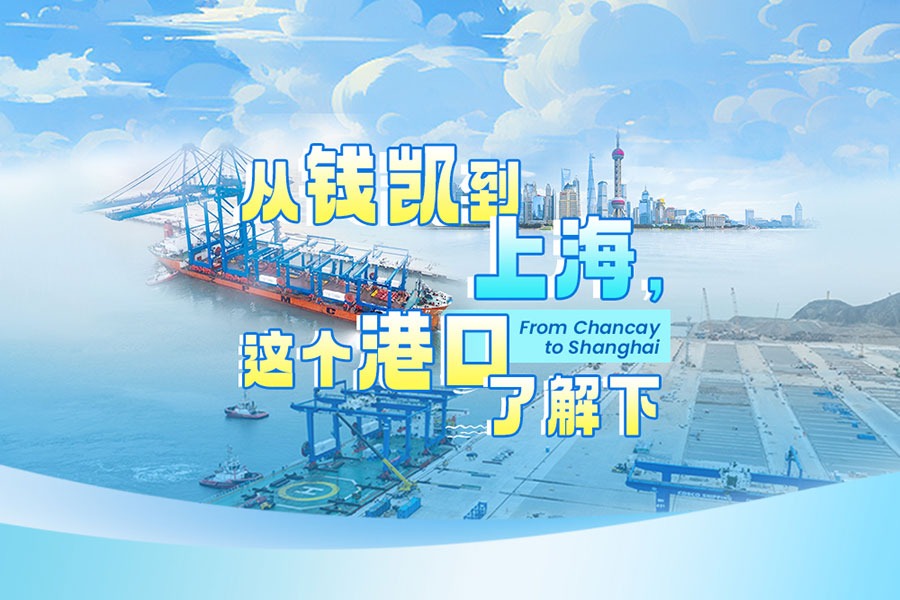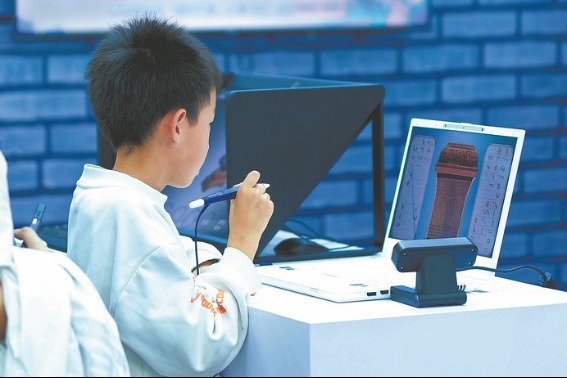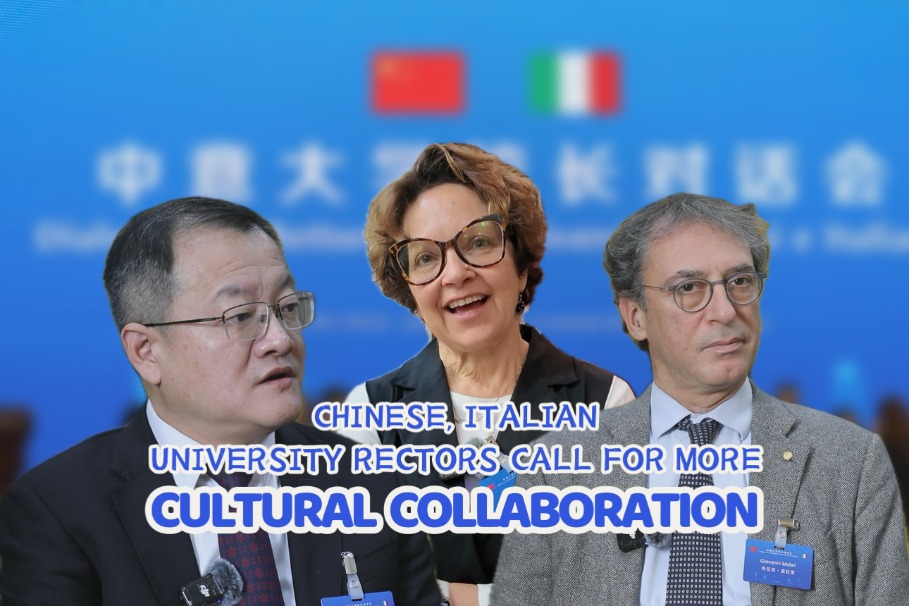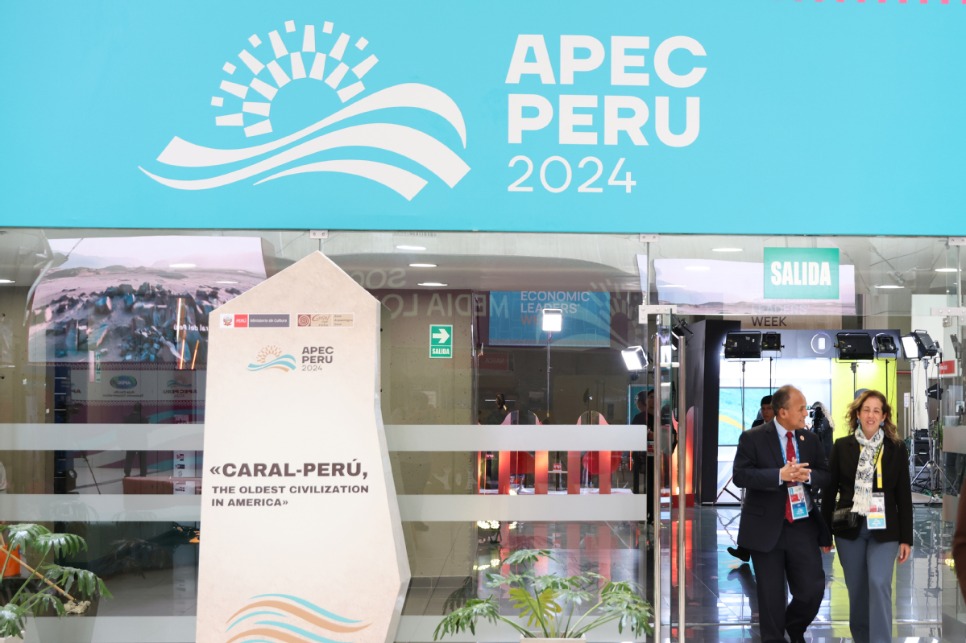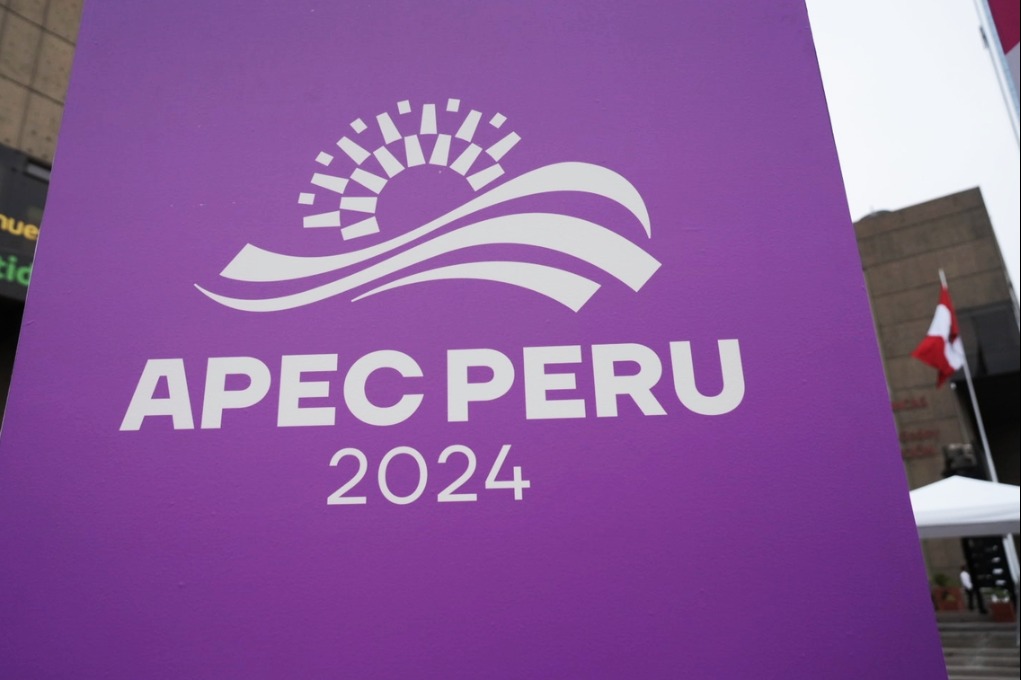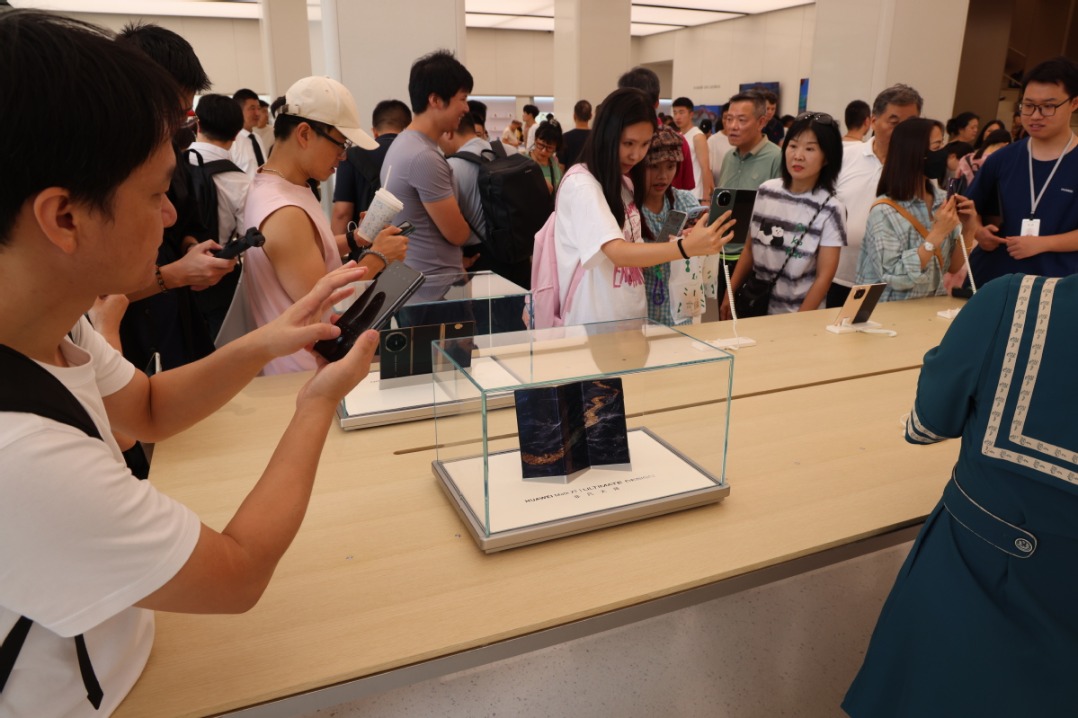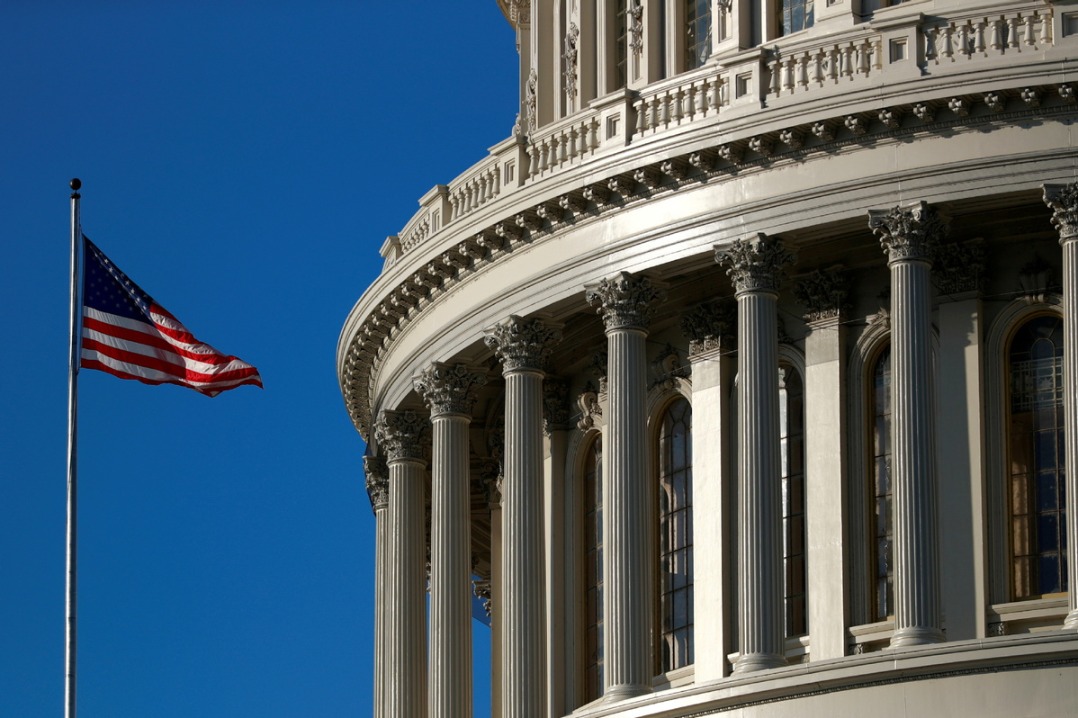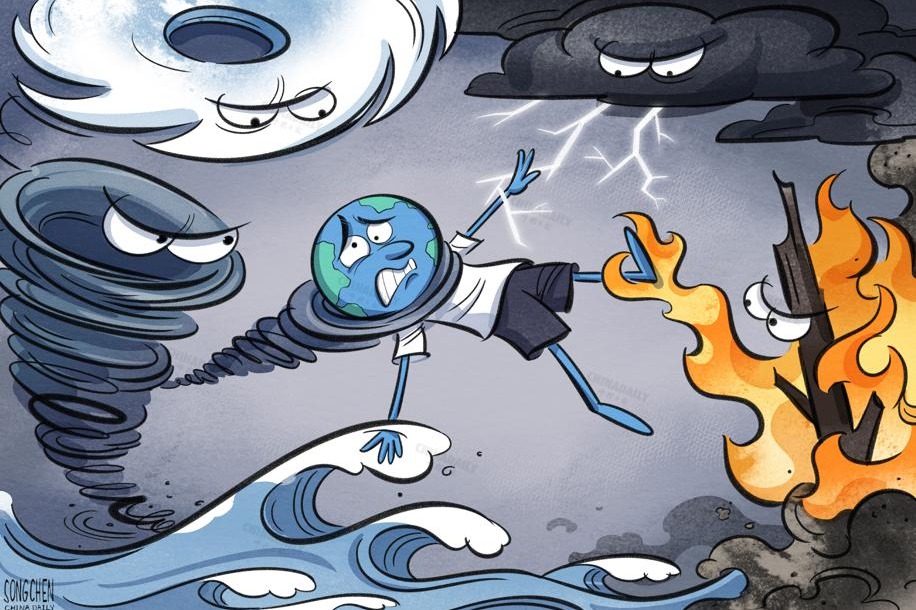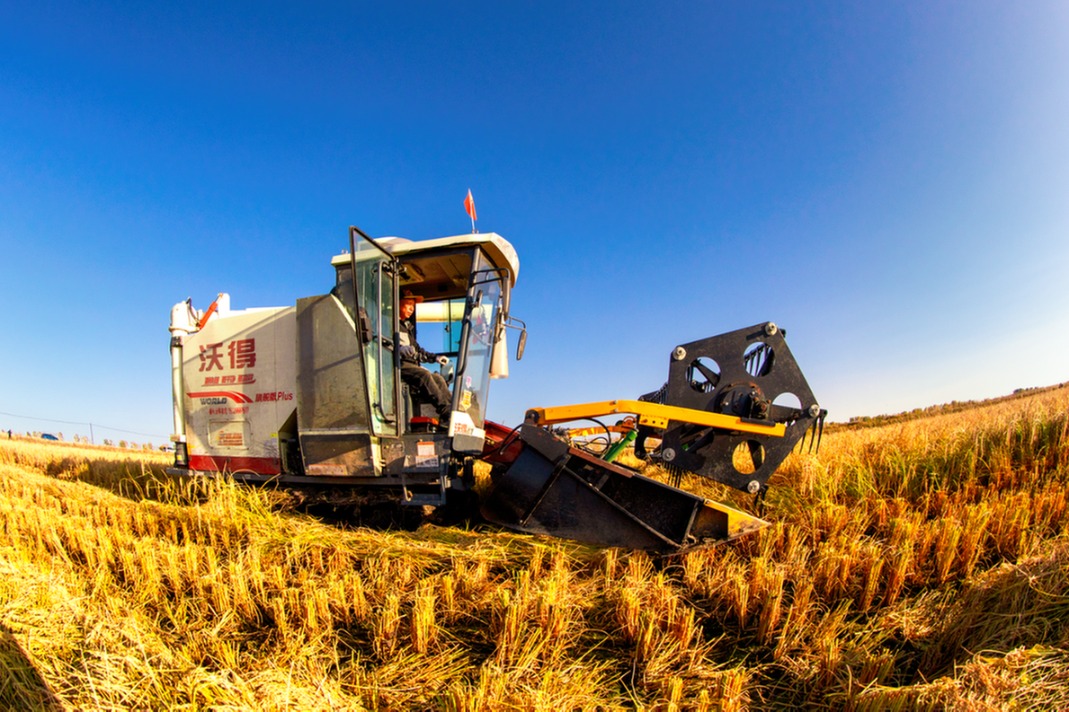It's crucial to fix effective cooperation rules

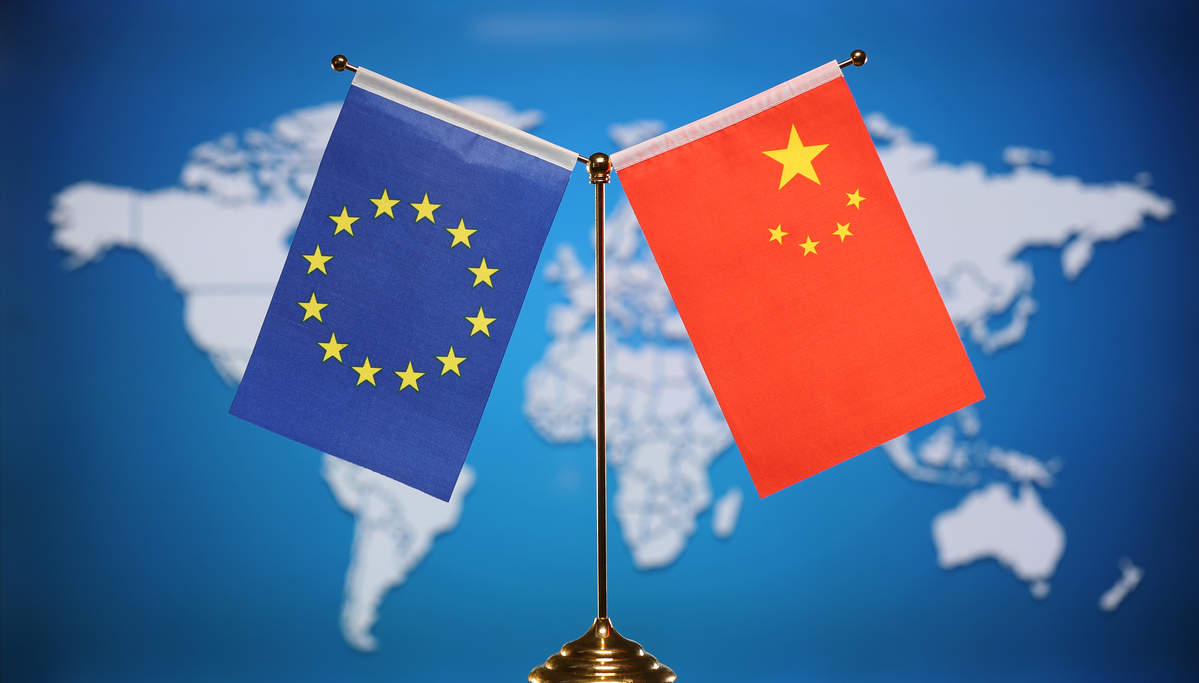
The EU-China Summit was finally held in Beijing on Thursday. Tensions ahead of the EU-China Summit are clearly visible. The European Commission has adopted its so-called "de-risking" strategy of cautious cooperation with China while making sure the EU's strategic industries and supply chains are independent or at least not completely under the direct influence of China. And the European Parliament is yet to ratify the EU-China Comprehensive Agreement on Investment, because of the sanctions imposed on some members of the European Parliament by the Chinese side.
However, the EU's de-risking from China is not the same as "de-coupling".The global markets are highly interdependent, and since China is an important global economic player, it's impossible for any country to de-couple from China, with even the United States rejecting the idea.
The European Union is slowly but surely turning toward a so-called effective approach to China.
Just look at the electric cars that are selling the most worldwide. China-made electric vehicles (EVs) seem to be conquering the global market the same way its hairdryers and washing machines did two decades ago. In fact, Chinese EVs are pushing out once untouchable car-manufacturing giants from Europe, Japan and the US.
Chinese officials are happy that their country is now the world's largest electric car maker. Their data show Chinese companies exported more than 2 million electric vehicles in the first half of this year, an increase of 75 percent year-on-year, perhaps because, like Chinese hairdryers, its cars are also affordable.
This is not to the liking of the European Commission, whose president Ursula von der Leyen has said: "Global markets are now flooded with cheaper Chinese electric cars… and their price is kept artificially low by huge state subsidies. This is distorting our market."
Indeed, the European Commission Directorate-General for Competition has recently launched a probe into Chinese State subsidies, which has been criticized by Chinese officials who have called the move "pure protectionism".
However, this is not the first time Chinese goods have been subjected to the EU's anti-dumping policies. Chinese textiles, solar panels and other goods have previously been subjected to similar, if not the same, policies. The anti-dumping question was recently emphasized by the Chinese mission to the EU at a private meeting on climate cooperation.
For some European officials, price, in this case, low price, is one of the means Chinese EV manufacturers are using to gain advantage in market competition. The other advantages in market competition are gained from quality and branding. Since this is a widely accepted and universally practiced strategy, nobody can accuse China of using price to gain advantage so long as China does not lower the prices by using means, such as State subsidies, banned by the World Trade Organization.
On the other hand, the EU countries as well as the US grant state subsidies to enterprises using funds and laws such as the EU national funds and the US' Inflation Reduction Act. Also, China has reduced State subsidies in recent years, and thus the anti-dumping allegations against it sound groundless.
Another issue is the trade imbalance. China's economic development trajectory is changing profoundly. The country is entering a period of slower growth. And the economic imbalances in China matter to the EU. In 2022, for example, China's trade surplus with the EU was the highest in history, just below €400 billion. Its current global trade surplus is the largest that any economy has ever had in history.
The influential European Council on Foreign Relations, headquartered in Berlin, has done some insightful analyses of China-EU relations recently. For instance, during its EU-China conference on Nov 16, the ECFR emphasized that there is a need to hold debates among all EU stakeholders in China in order to drive narratives on and exchanges with China. The conference strengthened an opinion that China is not the same country as it was 10 years ago, and to properly understand China, it is necessary to get all the facts right, and invest more in gaining real knowledge about China not only with our Horizon Europe research program, but also by hiring more China experts from EU institutions.
The relationship with China is a determining factor for the EU's economic prosperity and strategic security. With the Russia-Ukraine and Israel-Palestine conflicts continuing on the borders of the EU, an uncertain economic outlook and other turbulent issues presenting major challenges to the world, the EU needs to adopt a stable policy toward China.
In this respect, the EU is participating in the EU-China Summit in good faith, and there will still be enough room for discussions on a more ambitious China-EU relationship that benefits both sides.
The author is a former official of the European Commission.
The views don't necessarily reflect those of China Daily.

















